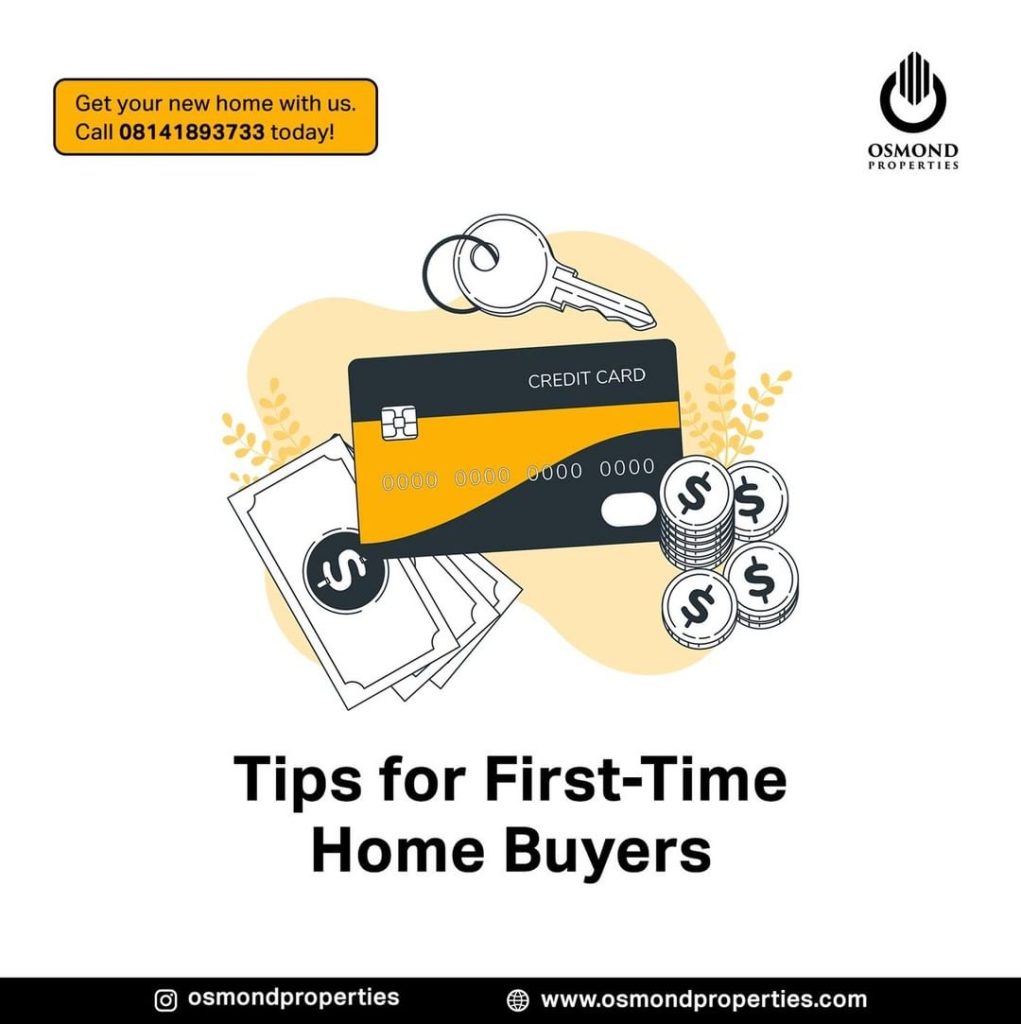Buying a home can be a nerve-wracking process, and you may be anxious about making a costly mistake. First-time homebuyers enjoy some special advantages created to encourage new entrants into the real estate market. Tips on how to demystify the buying process to get the most out of your purchase.
QUESTIONS YOU SHOULD ASK BEFORE MAKING A PURCHASE
- Goals: Consider how homeownership fits in with your long-term goals. Narrowing down your big-picture homeownership goals will point you in the right direction.
- How’s your financial health?: Before clicking through pages of online listings or falling in love with your dream home, do a heavy audit of your finances. Do a heavy audit of your finances before clicking through pages of online listings or falling in love with a home. The end result of this audit will tell you whether you’re able to take this big step, or if you need to do more to prepare.
- Which type of home will best fit your needs?: When purchasing a residential property, you have a variety of options: a standard single-family home, a duplex, a townhouse, or a multifamily building with two to four units. Each option has its pros and cons, depending on your homeownership goals, so you need to make a decision on which type of property will facilitate your reaching those goals.
- Which specific features do you want your ideal home to have?: When you make an important purchase, you should have that purchase fit your needs and desires as closely as possible. Your list should include basic desires like size and neighborhood, all the way down to smaller details like bathroom layout and a kitchen fitted with durable appliances. Scanning real estate websites can give you a sense of the pricing and availability of properties offering the features that are most significant to you.
- Picking the right kind of house and neighborhood: Weigh the pros and cons of various types of homes, given your lifestyle and budget. A condominium or townhome could also be cheaper than a single-family home. Take into account homeowners’ association fees when buying condos, townhomes, or houses in planned or gated communities.
- Stick to your Budget: To avoid financial stress down the road, set a price range based on your budget and stick to it. Look at properties below your price limit to allow some flexibility for bidding in a very competitive market. It is important to have a budget, otherwise, you may feel pressured to spend outside your comfort zone.
- Getting a good Real Estate agent: A good real estate agent will search the market for homes that fit your requirements and will assist you with the negotiation and closing process. Request references from at least a few agents and conduct interviews with them. Ask about their experience working with first-time home buyers in your area and how they intend to assist you in finding a property.
- Invest in a house inspection: A house inspection is a detailed examination of the building’s construction and mechanical systems. Professional inspectors check for potential issues so you can make an educated decision about whether or not to buy the property.
- Purchase sufficient Home insurance: You must purchase adequate home insurance before you can close the contract. If your home or belongings are damaged by an incident covered by your policy, your home insurance will cover the cost of repairing or replacing them. Your home insurance also includes liability coverage in the event you are found to be at fault for an injury or accident.
Osmond properties are dedicated to enabling their customers with knowledge and information about what acquiring their dream home requires thereby making real estate investment accessible to all persons in a less complicated and secure manner.
We are ready to speak to you always! Contact us!

